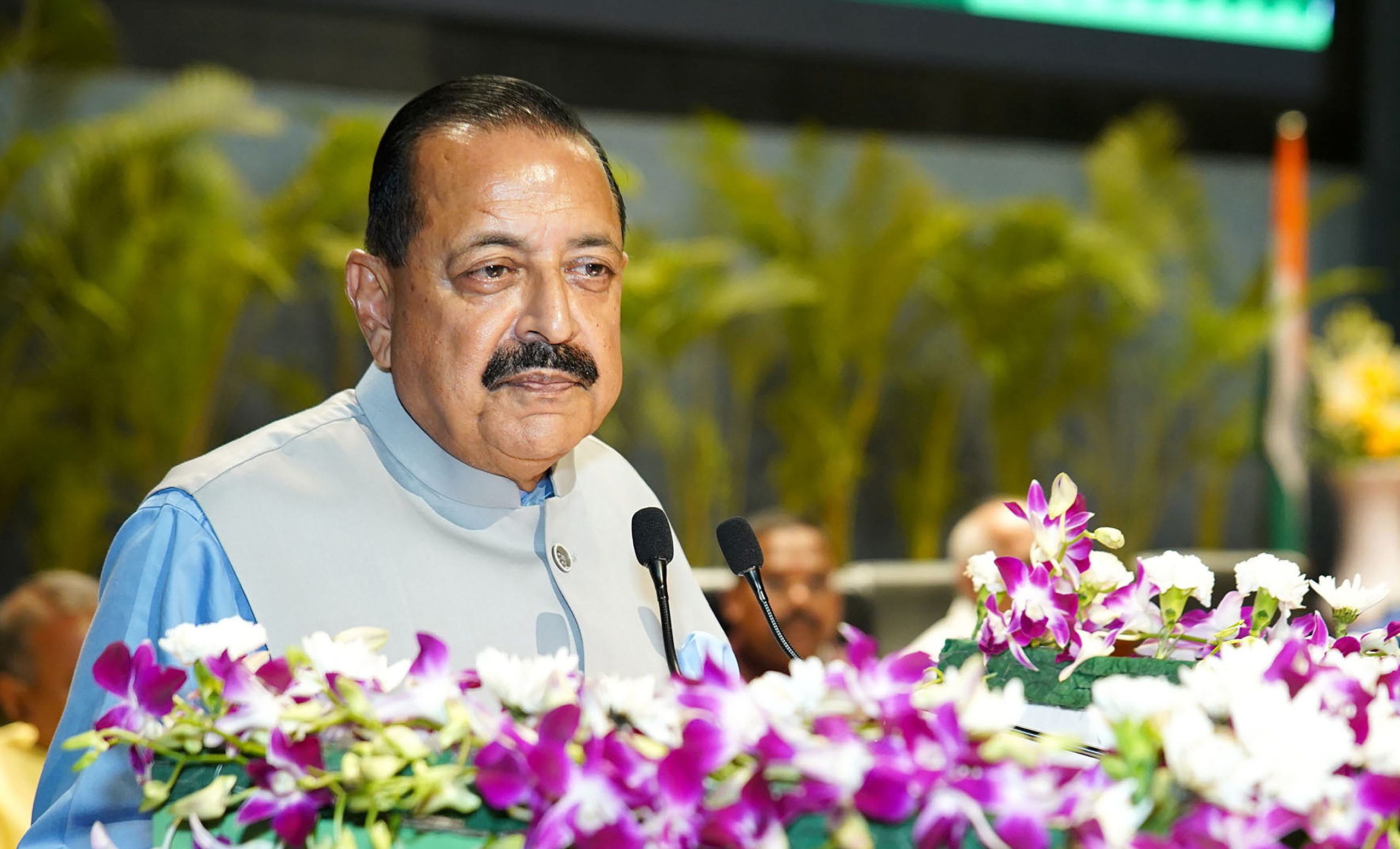The government has consistently increased the budget allocation for science and research, with the highest allocation made in FY 2025-26 over the last five years, Union Minister of State for Science and Technology Jitendra Singh informed Parliament on Thursday.
In a written reply in the Rajya Sabha, Singh said that “more than ₹65,307 crore has been allocated to six scientific agencies for research in FY 2025-26.” In comparison, ₹41,581.96 crore was allocated for science and research in 2024-25, and ₹39,843 crore in 2023-24.
In 2022-23, the government allocated ₹37,828 crore, while ₹37,823 crore was allocated in 2021-22.
The six major scientific agencies/departments are the Department of Science and Technology (DST), the Department of Scientific and Industrial Research/Council of Scientific and Industrial Research (DSIR/CSIR), the Department of Biotechnology (DBT), the Department of Space (DoS), the Department of Atomic Energy (DAE), and the Ministry of Earth Sciences (MoES).
“DST received the highest allocation of ₹28,508.90 crore in FY 2025-26, followed by DoS with ₹13,416.20 crore,” Singh said. These agencies have received their highest allocations this year since FY 2021-22.
Additionally, the Minister informed that the government has been implementing several fellowships offering direct benefits to young scientists and researchers.
Some of the key schemes include the INSPIRE Fellowship, INSPIRE Faculty Fellowship, Women in Science and Engineering (WISE)-PhD, WISE-Post Doctoral Fellowship (PDF), and the Scheme for Young Scientists and Technologists (SYST).
To provide high-level strategic direction for research, innovation, and entrepreneurship in the country, the government has established the Anusandhan National Research Foundation (ANRF) through the ANRF Act of 2023, Singh added.
Under the Act, special provisions have been made to encourage public sector enterprises as well as private sector entities to invest in ANRF-led initiatives.
Recently, the government launched the Research, Development and Innovation (RDI) scheme with a financial outlay of ₹1 lakh crore over five years. This DST-led scheme aims to promote private sector participation in sunrise sectors, thereby driving growth and innovation.
Singh also informed the House about the steps taken by the government to enhance private sector participation in research and development.
Key efforts include incentivising private sector investment to increase their share in Gross Expenditure on Research and Development (GERD), and creating avenues for collaborative science, technology, and innovation (STI) funding through portfolio-based mechanisms such as public-private partnerships and other innovative hybrid funding models, the Minister said.
IANS














